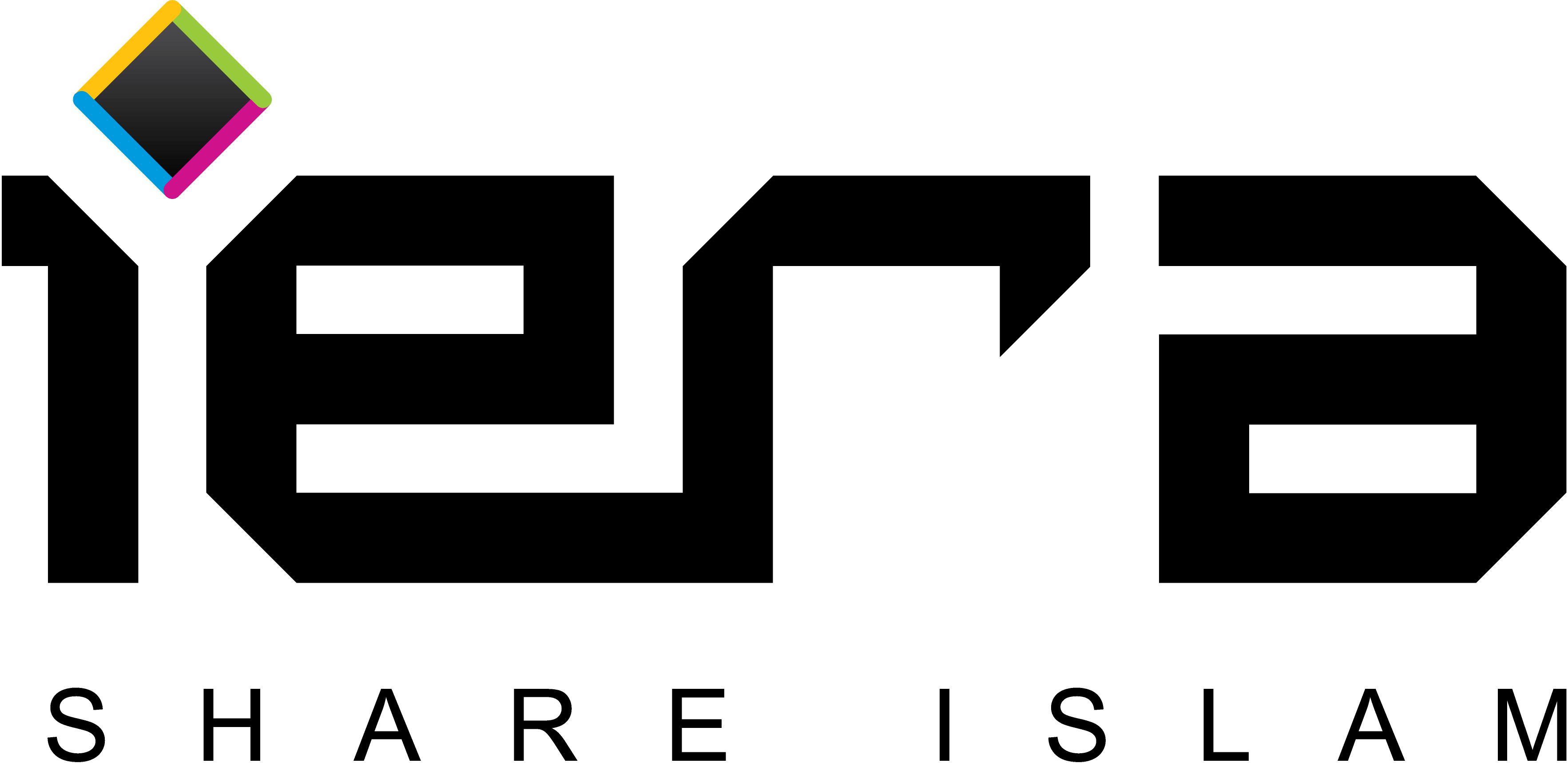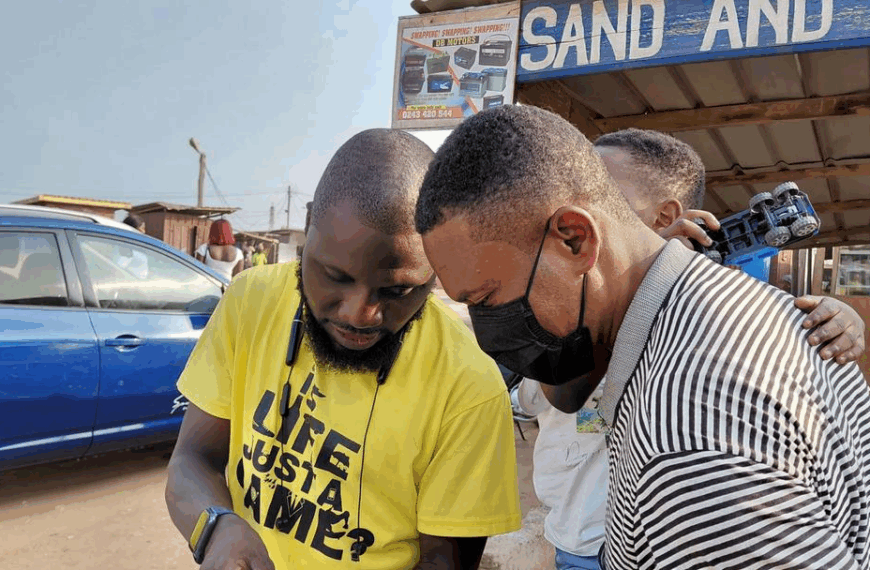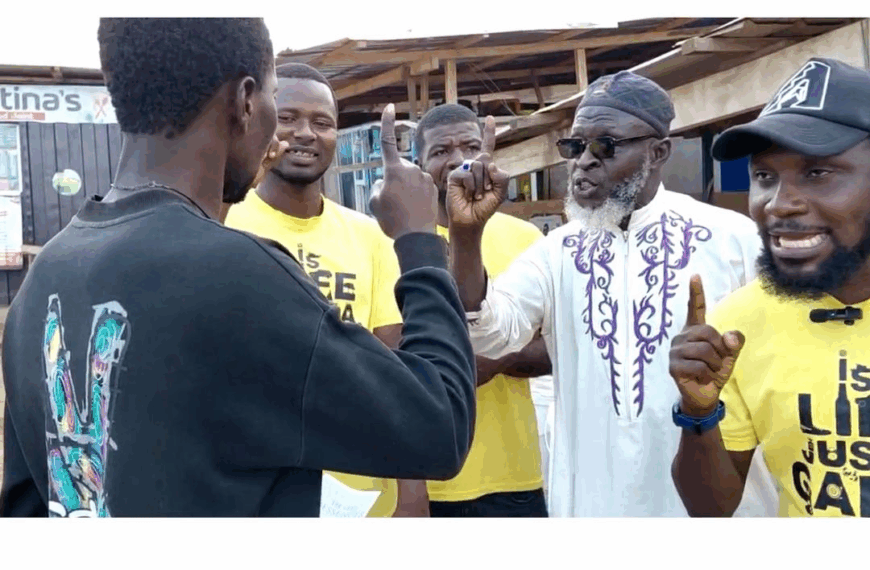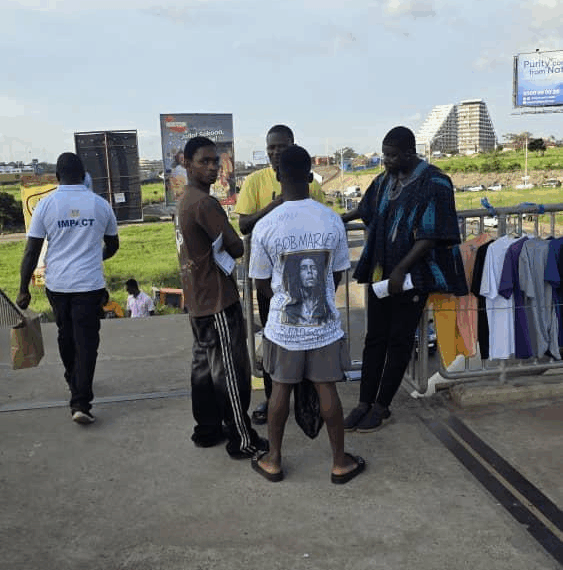Ignorance is a fertile ground for misconception. When individuals lack access to accurate knowledge or the full context of a subject, especially one as profound as religion, they become vulnerable to accepting misinformation without question. This is often compounded by confirmation bias, the natural human tendency to favor information that aligns with preexisting beliefs while dismissing evidence that challenges them. These distorted narratives can powerfully shape worldviews, creating barriers of prejudice and fear that stand between the individual and the truth.
This is the story of Manirambona Elly, a 25-year-old man whose journey from Christianity to Islam illustrates the transformative power of knowledge over ignorance. Earning a living through small manual jobs, Elly was a sincere young man with a spirit open to truth, yet his path was obstructed by shadows of misunderstanding.
For a long time, Elly held a deep-seated admiration for Muslims. He was drawn to their character, their discipline in prayer and the sense of peace they seemed to carry. This attraction was a positive force pulling him toward Islam. However, a powerful and deeply ingrained misconception held him back. A crippling fear prevented him from taking the next step: “I have always loved Muslims very much,” he confessed, “but I have been afraid to convert to Islam because I have heard all kind of things about Islam, about his followers devoting themselves to evil cults and using magic.”

Elly’s doubts were dispelled when he met the duats of IERA. They made him understand that it’s the complete opposite. In Islam, worshipping the devil or practicing witchcraft is considered one of the worst possible sins, as it means worshiping God’s enemy instead of God Himself. This is the exact opposite of our most basic belief: ‘There is no god but Allah.’
The relief on Ellys’s face was immediate and profound. The heavy weight of years of fear and misunderstanding lifted in an instant. The barrier, built on a foundation of sand, crumbled under the light of truth. He realized that the doors of the mosque and the embrace of the Muslim community were open to him exactly as he was. His journey to Islam was not about changing his body to fit in; it was about affirming the truth that was already in his heart.
With a heart now free from prejudice, Elly readily embraced Islam, declaring the Shahadah with conviction and joy. Alhamdulillah (all praise is to Allah), his story is a powerful reminder that many who seem distant from Islam are often mere conversations away from finding their way home. It underscores the critical duty of dawah, not to condemn, but to gently correct, educate and illuminate, replacing the darkness of misinformation with the liberating light of divine truth.




